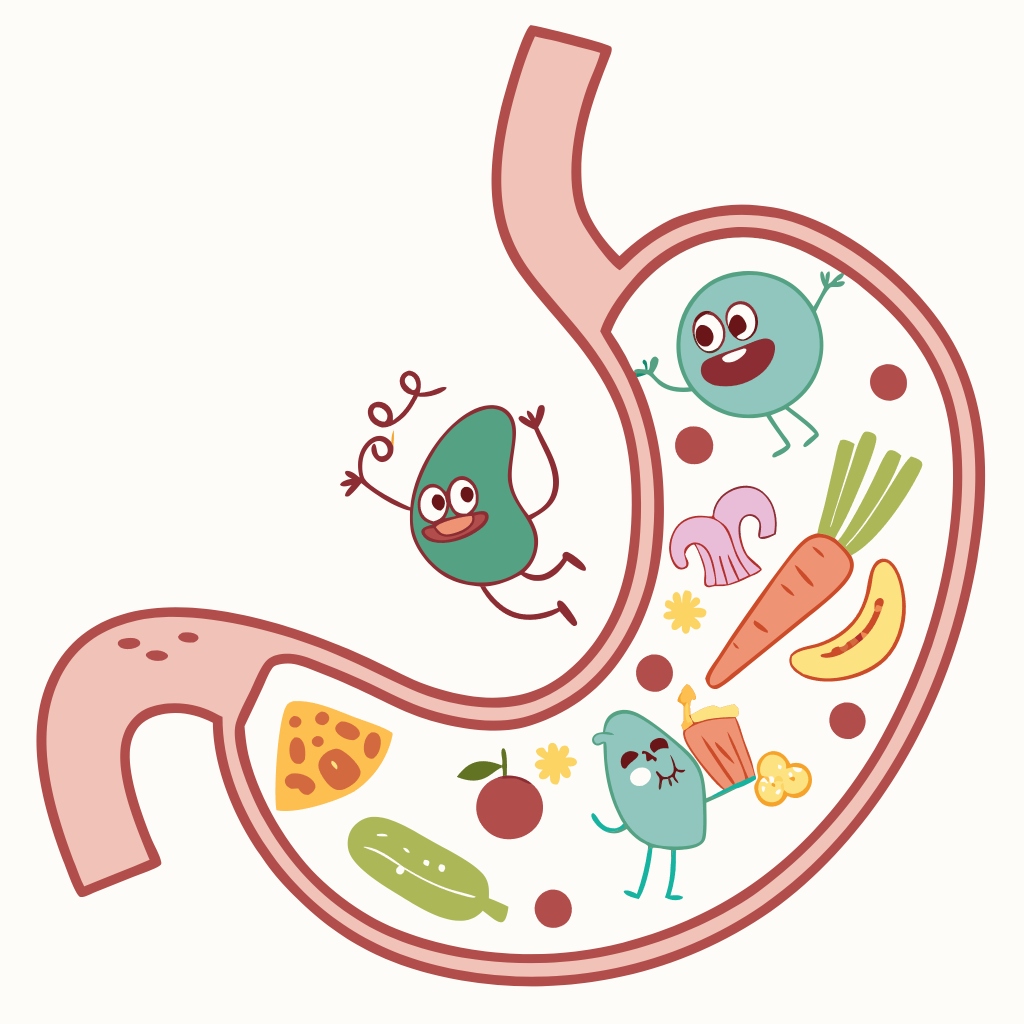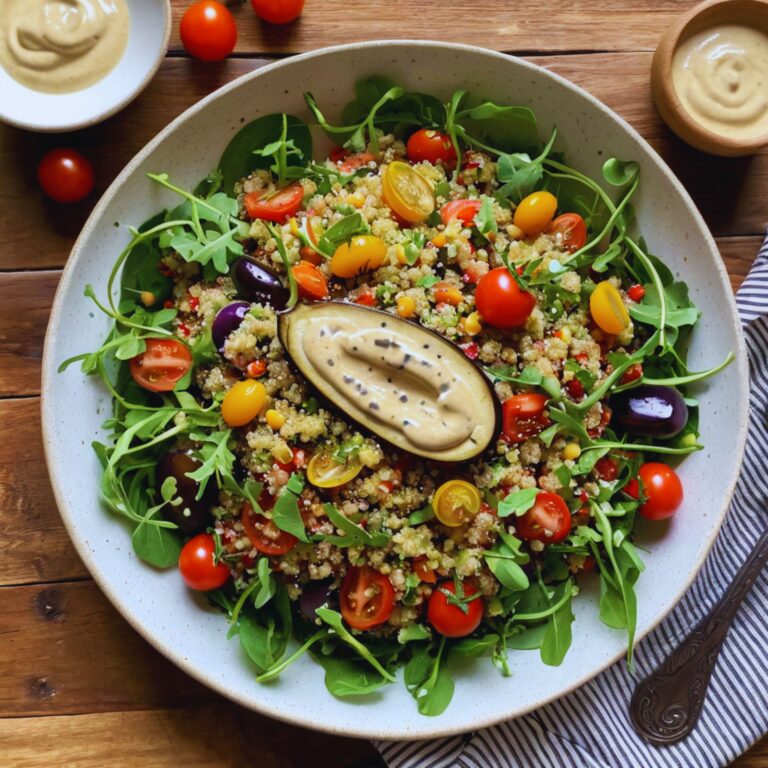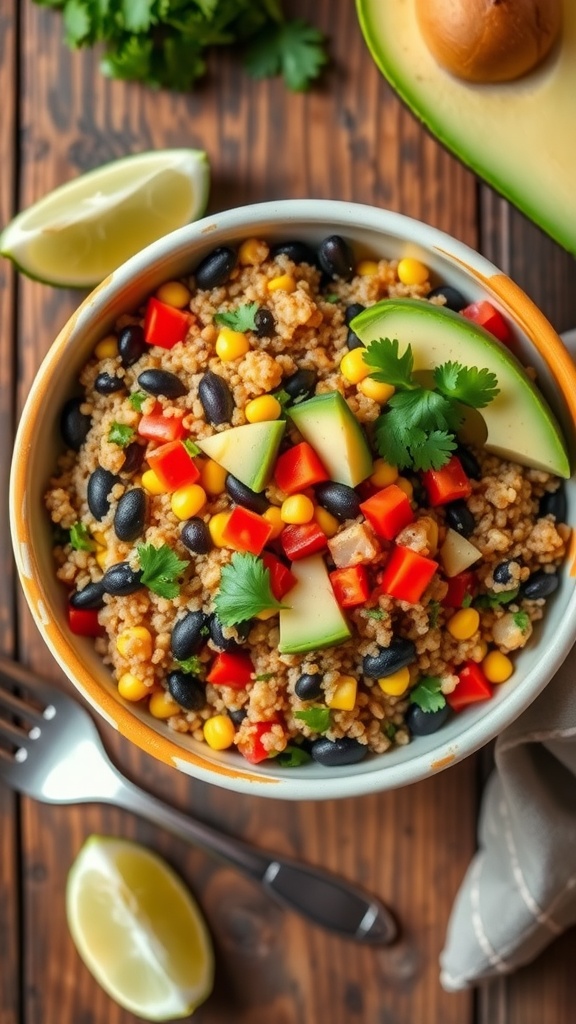Ever wondered what the benefits of eating raw? Raw foods has gained popularity in recent years, with more people embracing a diet rich in uncooked, unprocessed fruits, vegetables, nuts, and seeds. A raw food diet is believed to offer numerous health benefits, from better digestion to improved energy levels. Scientific studies and personal testimonials alike support the idea that eating raw can lead to a healthier and more vibrant life. Below, we explore the top 10 benefits of consuming raw foods, complete with descriptions and supporting statistics.
Discover top 10 Benefits of Eating Raw Foods
1. Enhanced Nutrient Retention from raw food
Raw foods retain more vitamins, minerals, and enzymes compared to cooked foods. Cooking can reduce the nutritional value of food, with some studies showing that boiling vegetables can result in up to a 50% loss of vitamin C. For example, a study published in the Journal of Agricultural and Food Chemistry found that boiling broccoli reduces its vitamin C content by 34%. By eating raw, you maximize the intake of essential nutrients.

2. Improved Digestion and Gut Health
Raw foods contain natural digestive enzymes that aid in breaking down food more efficiently. Cooking destroys these enzymes, which can lead to sluggish digestion. A study from the National Institutes of Health (NIH) suggests that people who consume a diet high in raw fruits and vegetables experience a greater diversity of gut bacteria, which supports overall digestive health. According to Dr. Eric Berg, digestive enzymes primarily break down complex molecules within eaten raw fruits, vegetables, or other foods into simpler forms that our system can easily absorb. https://www.drberg.com/blog/raw-vs-cooked-foods-and-enzymes

3. Increased Energy Levels
People who eat raw foods often report higher energy levels. This is due to the high concentration of essential nutrients, lower amounts of processed sugar, and the presence of live enzymes that enhance metabolism. A study published in Nutrients found that individuals on plant-based diets, including raw foodists, experienced increased energy and reduced fatigue.
4. Weight Management and Fat Loss
A raw food diet is naturally lower in calories and higher in fiber, which promotes satiety and reduces overeating. Research in the American Journal of Clinical Nutrition found that people who followed a high-raw diet had lower body mass indexes (BMIs) compared to those consuming cooked foods. The fiber-rich nature of raw foods also aids in weight loss by promoting better digestion and reducing cravings.
5. Stronger Immune System
Raw foods are packed with antioxidants, vitamins, and minerals that boost the immune system. For instance, vitamin C, found abundantly in raw fruits and vegetables, is essential for immune function. According to the World Health Organization (WHO), individuals with higher vitamin C intake are less likely to suffer from infections and chronic diseases.
6. Reduced Risk of Chronic Diseases
Consuming raw, plant-based foods can lower the risk of heart disease, diabetes, and certain cancers. A study from the Harvard School of Public Health found that people who consume at least five servings of raw fruits and vegetables daily have a 20% lower risk of heart disease. The high levels of phytonutrients in raw foods also help fight inflammation, a key factor in chronic disease development.
7. Better Skin Health and Anti-Aging Benefits
Raw foods are loaded with hydration, antioxidants, and vitamins like A and E, which promote clear and youthful skin. A study published in the Journal of Dermatology found that individuals with higher intakes of raw fruits and vegetables had fewer wrinkles and better skin elasticity compared to those consuming processed foods. The natural hydration from raw foods also helps maintain skin moisture and glow.
8. Lower Toxin Intake
Cooking food at high temperatures can produce harmful compounds like acrylamide and heterocyclic amines, which have been linked to cancer. By eating raw, you avoid these toxins and reduce the burden on your liver and detoxification systems. Research from the National Cancer Institute shows that high consumption of processed and grilled foods increases the risk of various cancers.
9. Environmental Sustainability
A raw food diet has a lower carbon footprint compared to diets high in processed and animal-based foods. According to a report by the United Nations Food and Agriculture Organization (FAO), plant-based diets can reduce greenhouse gas emissions by up to 50%. By choosing raw foods, you contribute to a more sustainable food system.
10. Improved Mental Clarity and Mood
Raw foods contain high levels of natural compounds that support brain function and mental health. A study published in Frontiers in Psychology found that individuals who consumed more raw fruits and vegetables reported lower levels of depression and higher levels of well-being compared to those who ate more processed foods. Nutrients like magnesium and omega-3 fatty acids, found in raw nuts and seeds, play a crucial role in brain health.
Conclusion
The benefits of eating raw foods extend beyond just physical health. From improved digestion and increased energy to a reduced risk of chronic diseases, raw foods can significantly enhance your well-being. Incorporating more raw fruits, vegetables, nuts, and seeds into your diet is a simple yet powerful way to nourish your body and mind. Whether you fully transition to a raw food diet or simply add more raw meals into your routine, your health will thank you!
Raw Tahini banana Smoothie Recipe here





